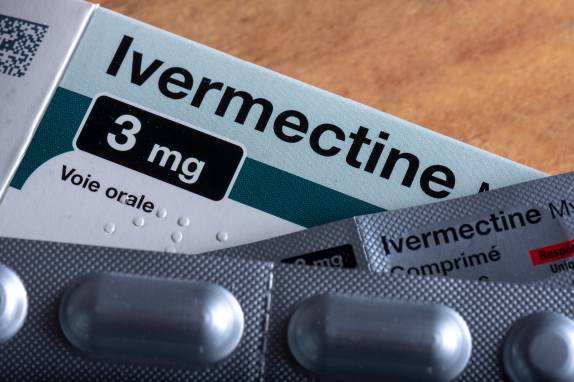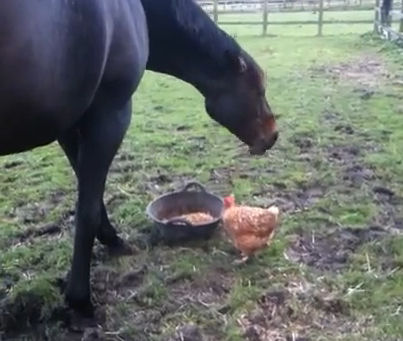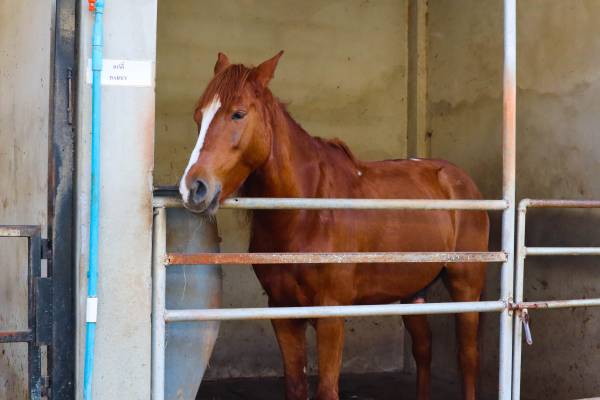Horses, like other animals, have been known to eat things they shouldn’t. Why, for example, would a horse eat a plastic bag? No one knows for sure, though maybe the horse didn’t see it, thought it was food, etc. However, if the horse has eaten a plastic bag, it can lead to medical issues for the horse which in some cases can be serious.
Connect with a verified veterinarian in minutes. Licensed vets are available 24/7 to answer your questions. No need to worry about your furry family member.
Plastic Bags are Dangerous for Horses
If a horse swallows a plastic bag, there is potential for it to pass through their digestive system without any problem, but this is not a guarantee. Plastic bags can be extremely dangerous to horses because they can cause suffocation if an airway is obstructed, or even lead to an intestinal blockage.
Many people don’t realize this can be a common problem for ranchers, farmers, and others who keep horses. As a result, members of the public may unwittingly leave plastic bags in areas horses may access.

Review symptoms, medications & behavior to keep your pets healthy with a Vet Online in just minutes.
Intestinal Blockages in Horses
Intestinal blockages occur commonly in horses and can affect any part of their digestive tract. A plastic bag, for instance, can in rare cases lead to an intestinal blockage. This means the bag causes the food to stop moving through the intestines and could even interfere with blood flow. As a result, plastic bags, or other foreign objects, can damage the intestinal tissues within the horse’s digestive tract, leading to a gut rupture in severe cases. In addition, obstructions can lead to gas and fluid building up in the stomach and intestines. The signs of abdominal discomfort, outlined below, are termed “colic.” Colic is a symptom rather than a diagnosis in horses. As the causes range from mild to deadly, colic should always be taken seriously. It is never wrong to ask your veterinarian for advice if you suspect your horse has signs of colic.
In addition to ingesting foreign objects, such as plastic bags, blockage of the intestines can also be caused by parasites, dental or dietary problems, and inflammation of the intestines, amongst other conditions.
Symptoms of Intestinal Blockage in a Horse
The most common symptoms of an intestinal blockage include:
- Painful abdomen
- Kicking or leg raising
- Swollen stomach
- Rolling around in discomfort
- Lying down
If you witness your horse eating a plastic bag, check his mouth to see if you can safely remove the bag. If the bag has been swallowed, you must call the vet immediately. could be a life-threatening medical emergency. Your veterinarian will tailor a treatment plan to your horse’s needs which may consist of monitoring your horse closely or medical interventions.
Treatment of Intestinal Blockage in a Horse
If your vet suspects an intestinal blockage they will conduct a physical exam of your horse, which may include a rectal examination and may also order some lab tests. Treatment will be dependent on your horses presenting signs but may consist of mineral oil to lubricate the intestinal tract and aid passage of the blockage alongside symptomatic therapy for colic such as pain relief, fluids, or nasogastric tube passage to relieve gas/fluid build-up. However, it is possible your horse may need surgery to remove the bag. Always speak to your veterinarian before giving any treatments at home as they can impact outcome. For example, mineral oil may impact on abdominal surgery if your horse requires it and so a risk assessment via your veterinarian before it is given is vital.
In most cases, horses that receive prompt medical care will make a complete recovery. Recovery time will be dependent on the management your horse requires. Still, it may range from days for mild colic to months for major abdominal surgery.
Connect with a verified veterinarian in minutes. Licensed vets are available 24/7 to answer your questions. No need to worry about your furry family member.

Emma Rogers-Smith BSc (Hons) BA VetMB MRCVS
This article has been reviewed and approved by an independent Veterinarian: Before qualifying as a Veterinary Surgeon from the Cambridge University, Emma worked part-time for many years at a small animal veterinary clinic. That role evolved into her first job as veterinary surgeon after qualifying. After 18-months in busy first opinion practice she decided to advance her veterinary training and undertook a rotating internship followed by 2 and a half years of residency training as an Internal Medicine Clinician at a large multidisciplinary referral hospital in the UK. She has always had a passion for solving puzzles and the really tricky Internal Medicine cases are her favorite. Emma has published several first author research papers and is actively involved in on-going research projects in the field of Internal Medicine and Antibiotic Stewardship.
Review symptoms, medications & behavior to keep your pets healthy with a Vet Online in just minutes.
Ask a Vet Live Now





